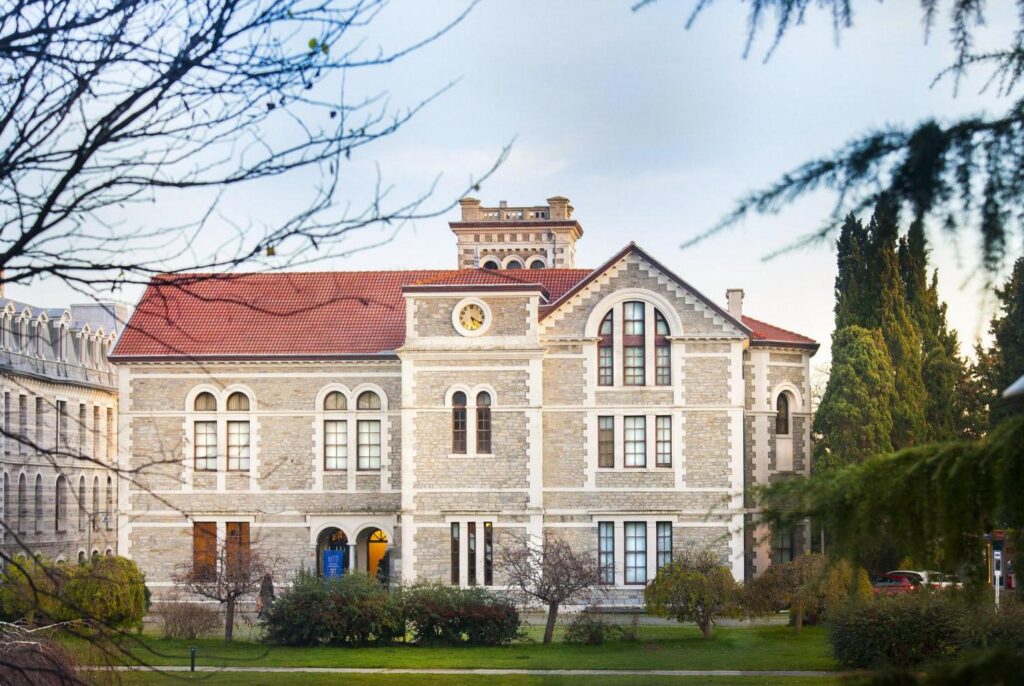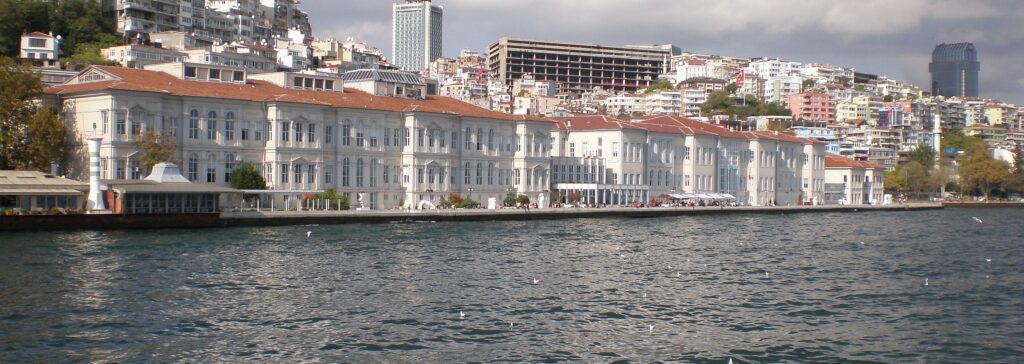Immigration to Turkey and Conditions for Enrolling in Schools:
 If you intend to immigrate to Turkey and your goal is short-term or long-term residence or citizenship, you should consider that the first condition for entering Turkish schools is to have Kimlik(ID). Without obtaining residence or citizenship, the process of educating children does not begin.
If you intend to immigrate to Turkey and your goal is short-term or long-term residence or citizenship, you should consider that the first condition for entering Turkish schools is to have Kimlik(ID). Without obtaining residence or citizenship, the process of educating children does not begin.
Perhaps the best way to start is to learn Turkish in Iran or in Turkey before entering school. But if your child is not familiar with Turkish, do not worry, you can apply for enrollment in Iranian schools in Turkey. Or enroll in international schools to continue their education in English or other living languages such as French or German.
Fortunately, the Turkish school system offers a variety of options in addition to being of high quality, which makes it a good option for immigration.
Types of schools in TURKEY:
Turkish schools are divided into 3 sections: private, public and international. Before choosing a school, you should consider the long-term or short-term purpose of staying in Turkey. If you intend to stay in Turkey, private and public schools are the best choice if you intend to immigrate. You are in a third country. International schools are definitely more suitable for you, and if you intend to return to Iran, continuing your studies in Iranian schools in Turkey may be a better choice for you. The school calendar in Turkey has changed slightly since the end of 2019, ie from September 9th to October 17th. Active schools then end with a short five-day official holiday again from October 25th to January 17th. The second half-year holiday lasts from February 3 to April 5, and ends with a short official 5-day holiday from April 13 to June 19 in the second half of the year, lasting for 11 weeks of summer vacation.
Documents required for full enrollment in Turkish schools:
1. The latest academic record
2. Kimlik(ID) or residence card
3. Certificate of application of parents
4. Passport and its translation into Turkish
5. Address of residence
6. Photo
First Class Enrollment:
You must go to the schools near your place of residence with your population card and residence card and your children. The population card is your address registered in the district municipality and indicates your proximity to the school.
These documents are only required for enrolling in the first grade, and until the end of that period, your approval is valid for your children to continue their education at that school.

Continuing Education in Turkish Schools:
If your child has been a student and wants to continue his / her studies in Turkey, you need his / her latest transcript along with the education stamp of the district of education to register. These documents must be officially translated and accompanied by the original and a copy of the passport. Provide your DENKLIK Education Department with your DENKLIK application.
In fact, DENKLIK is the equivalent of your degree in the Turkish education system. After obtaining DENKLIK, you can enroll in the desired school with a residence card and population.
From free public schools to private and international schools, everyone is under the supervision of education in this country.
Tuition for private and international schools in Turkey is very affordable due to the facilities they offer. In general, education is very high quality and low cost.

Public Schools:
The quality of teaching in public schools can vary from school to school. Due to the large number of school applicants, we must pay attention to the registration time so that our children’s registration is not delayed. In these schools, no fees are paid. Perhaps public schools in Turkey can be compared to non-profit schools in Iran in terms of facilities.
Private Schools:
Private schools hold an entrance exam. This exam is held to get a scholarship and get a discount on tuition. Otherwise, it is possible to register by paying the full tuition.
International Schools:
Most of these schools teach in English, but among them German and French can be mentioned, of course, Turkish is taught as a second language in these schools.
The degree offered to students at the end of the course is international.
Introducing Iranian Schools in Ankara and Istanbul:
There are two schools in Turkey that teach students under the supervision of the Ministry of Education of Iran. These schools teach in three levels in Persian and their system is exactly in accordance with Iran.
Non-formal Education (16 to 30 years):
These schools are for people between the ages of 16 and 30 who have incomplete education or are not literate enough to read and write. These schools are free of charge and operate under the auspices of Turkish Education..
Stages of The Education System in Turkey:
Primary education: which is actually the same as elementary and middle school, with the difference that 4 years of elementary school and 4 years of middle school are considered starting from 6 years old and ending at 14 years old.
Secondary education: 4 years of high school or high school, which starts at the age of 14 and ends at the age of 18.
Higher education: 4 years of university or 2 years in vocational high schools. Under normal circumstances, a master’s degree takes 2 years. The PhD takes between 3 and 5 years, depending on the field of study. For foreigners to enter higher education, they need to take the YÖS -YABANCI ÖĞRENCI SINAVI exam.
Types of high schools in Turkey:
Public High Schools or Düz Liseler:
Any student who can successfully complete 8 years of primary education and pass the proud exam can study in these schools.
Graduates of public high schools can go to higher education institutions if they succeed in the national entrance exam by OSYM ÖĞRENCI SEÇME VE YERLEŞTIRME CENTER, also known as ÖSY.
Vocational Schools or Meslek Liseleri: It is very similar to the schools of work and knowledge or vocational education in Iran.
Anadolu High Schools: are working to raise students to a higher level. More focus and high quality on mathematics lessons in English, Turkish, etc. is quite evident. Courses of some Anatolian high schools are taught in Germany or France.
Süper Liseler: The difference between this type of high school and normal high school is one academic year in the UK. They are different from Anatolian high schools because the language of instruction for math and science courses is always Turkish and fewer courses are taught in English.
Science High Schools or Fen Liseleri: These public schools are special for students who have exceptional ability in science. Admission to them and education is very competitive because it educates students specifically for higher education in science, technology and medicine. they give.
